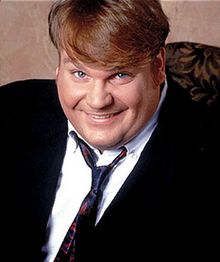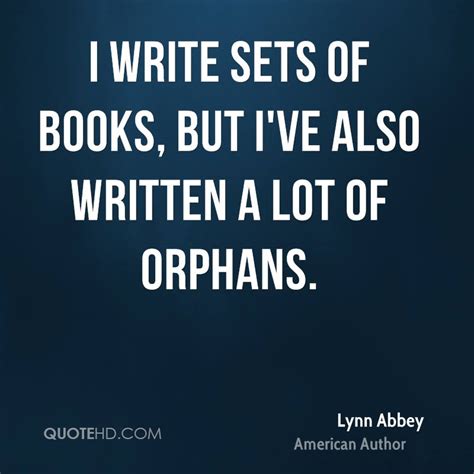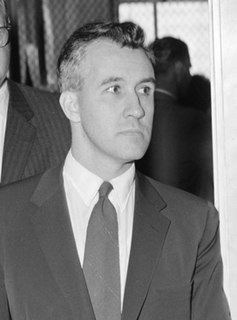A Quote by Susannah Cahalan
History is filled with weird but true stories of social contagion - from dancing manias in the Middle Ages to nuns pretending to be cats in the 19th century to laughing epidemics of Tanzanian school girls in the 1960s.
Related Quotes
I was born in England and went to school there. That's when I discovered my undying passion for history - not just for the Middle Ages, but all periods of history. My favorites are medieval, Elizabethan, and Georgian; however, I've written stories set in periods as early as ancient Rome, right up to the Victorian era.
Adolescence was invented in the 19th century to enable middle-class families to keep their children out of sweatshops. But it has degenerated into a process of enforced boredom and age segregation that has produced one of the most destructive social arrangements in human history: consigning 13-year-old males to learning from 15-year-old males.
There is not one particular moment that can account for the shift from the social issue concerns of 19th-century evangelicals into the state of American evangelicalism today. Some historical moments are telling. The rise of biblical criticism in the 19th century forced evangelicals to make choices about what they believed about the gospel.
I was really interested in 20th century communalism and alternative communities, the boom of communes in the 60s and 70s. That led me back to the 19th century. I was shocked to find what I would describe as far more utopian ideas in the 19th century than in the 20th century. Not only were the ideas so extreme, but surprising people were adopting them.
































